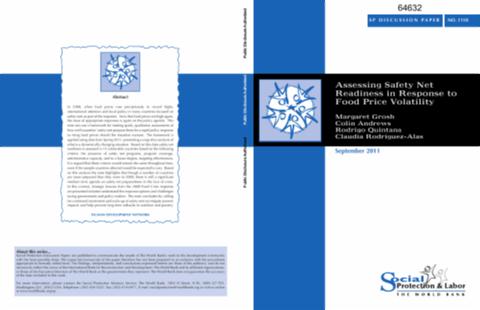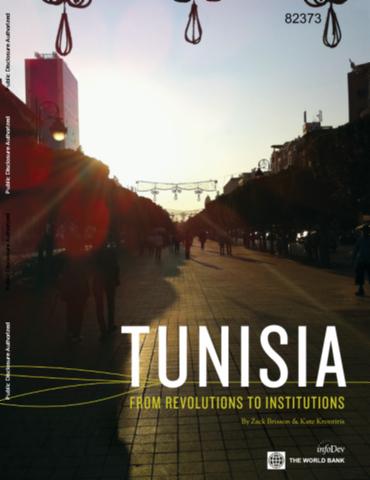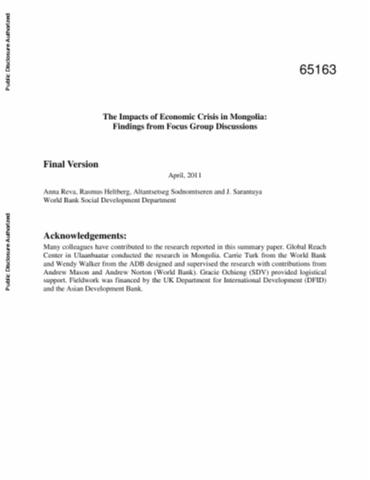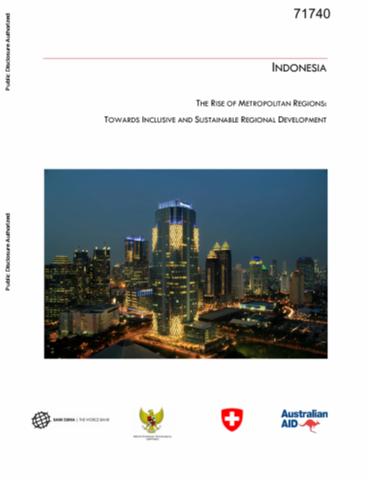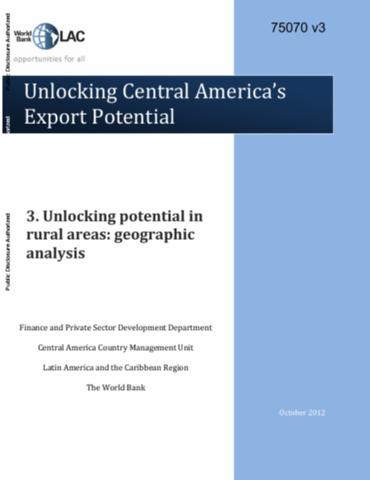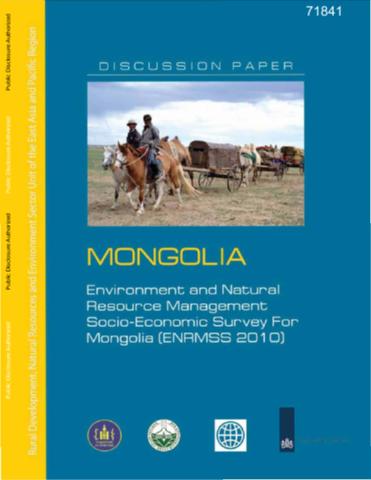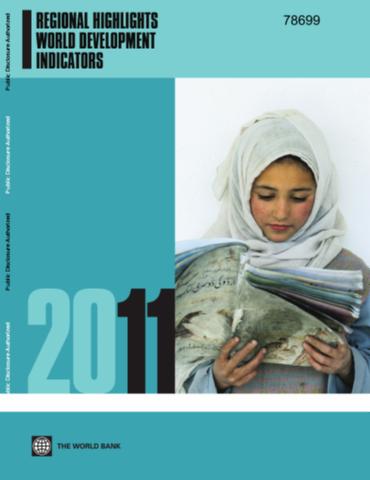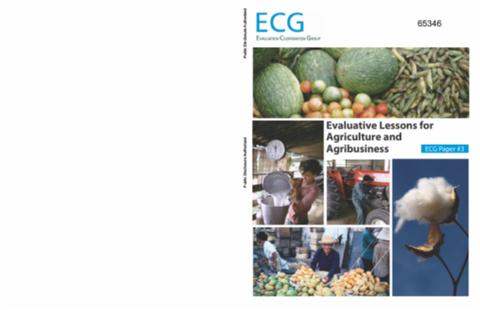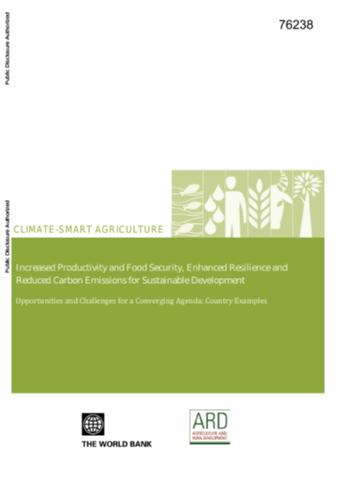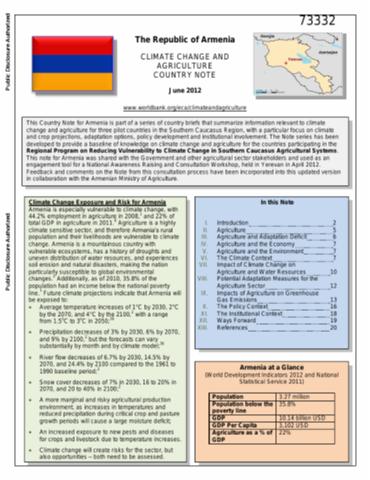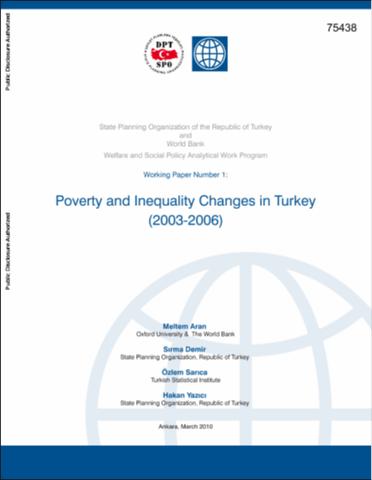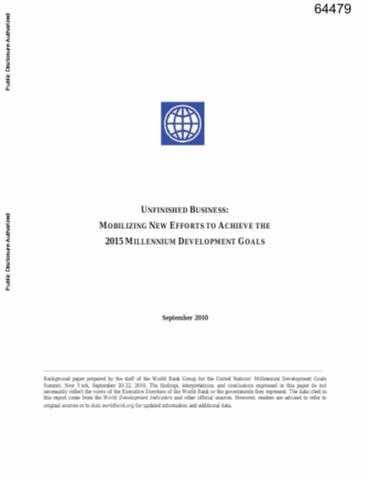Assessing Safety Net Readiness in Response to Food Price Volatility
In 2008, when food prices rose precipitously to record highs, international attention and local policy in many countries focused on safety nets as part of the response. Now that food prices are high again, the issue of appropriate responses is again on the policy agenda. This note sets out a framework for making quick, qualitative assessments of how well countries' safety nets prepare them for a rapid policy response to rising food prices should the situation warrant.

